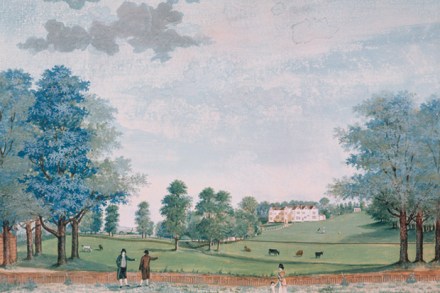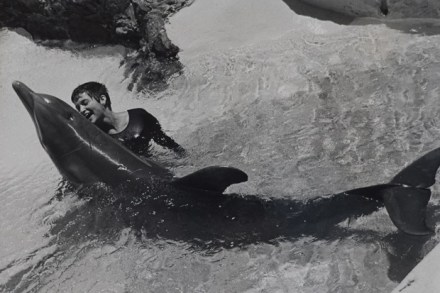Why are we getting fat while exercising so much? Try reading George Orwell
Last week I mentioned a widely reported article in the British Journal of Sports Medicine which claimed that ‘physical activity does not promote weight loss’. The article was taken down by the journal last week due to ‘an expression of concern’. It remains offline as I write this, but the controversy rumbles on. At the risk of further upsetting the low-carb community (who seem particularly antagonistic to the doctrine of ‘calories in, calories out’), I am returning to it today. Let’s start by looking at a series of blog posts by Jason Fung of Intensive Diet Management that have been doing the rounds on social media. He, too, argues that

















